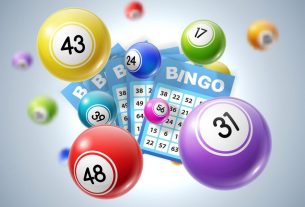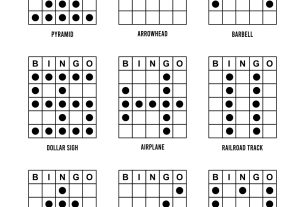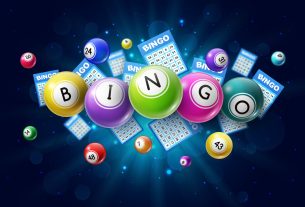In the United States, bingo originated as a simple game of luck where each participant would hand-select numbers on a card, mark them on the card with coins, and then call the number chosen by the player who had called. The concept was borrowed from the game of “Hangman”, which involved the same basic principles. In Ireland, bingo evolved into “Gran Gat.” The game gained popularity in the British Colonies, where it was adopted as a general gambling game. In the late 1800s, bingo was introduced to the United States and became one of the most popular games at social gatherings.
In the United States, bingo evolved into a game where the players called out specific numbers on a bingo card and then the game’s “branch” would randomly choose those numbers to turn up on the corresponding bingo card. If the caller chose more than one number, the entire board would be excluded and a new round would begin. The winner of bingo was the player with the highest total on all the bingo cards. Different denominations of the game were also used, such as clubs, diamonds, hearts, or pocket change.
With the popularity of the game, books were published with tips and tricks to help players win more than the usual amount of chips used in the game. One of the most common tricks was to play the game with an ordinary deck of cards, with the number of cards on the bingo card being the same as the number of regular cards on the playing field. This meant that in ninety number bingo, a player could have a higher percentage of winning than in regular bingo. In most cases, this means that the house would win, even if there are more regular players. It is also believed that the ninety number bingo card was developed because it was believed that nine was the lucky number.
In most cases, playing in an ordinary deck of cards produced a high number of combinations and hence very few winners. Most of the time, players would either stop playing or would go out of the bingo hall with their losses already compounded. In contrast, when the bingo card was printed with ninety words, there would be a much higher possibility of finding combinations that would give a high amount of money because the words contained in the bingo squares would be more relevant. Hence, a player who plays in an ordinary deck of cards is more likely to find the right words, which will make him win.
Another version of the game has been developed on Bingo cards containing only numbers. The numbers that are written on the bingo card can be considered random, but since they are not in the customary nine-sided shape, the game is said to be “free-space” Bingo. The names of the squares where the numbers are to be found are printed at the back of the card. In ordinary Bingo, a caller wins a single free space whenever he calls a number that’s not present on the bingo card. But in free-space bingo, the caller gets to pick any number from among the squares and win a prize.
Since bingo cards containing only numbers are more useful for players, many stores sell these cards. Many online sites also sell Bingo cards, although some of them charge a small amount of registration or subscription fees. A player can buy Bingo tickets at his favorite online Bingo hall, which will deliver the tickets to his door. Sometimes, bingo halls offer tickets with a small sum up for a trial period. Some places even allow players to purchase bingo cards and then gift them as gifts to friends and fellow players.





